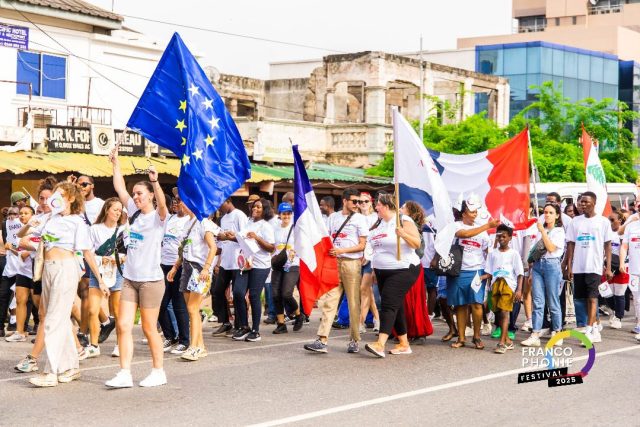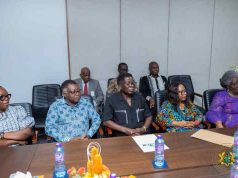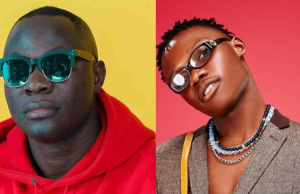Hundreds of Ghanaians joined diplomats, cultural representatives, and regional partners in a vibrant march through Accra on April 12, 2025, to mark Ghana’s full membership in the Organisation internationale de la Francophonie (OIF).
The annual Francophonie Walk, stretching from Kwame Nkrumah Circle to the Accra Metropolitan Assembly headquarters, underscored the nation’s strategic push to leverage French-language proficiency for economic growth and regional integration.
Ghana’s accession to the OIF in 2024, after decades as an observer, positions it among 93 member states advocating for French as a bridge to political, educational, and cultural collaboration. Francis Afelete, La Francophonie Policy Coordinator at Ghana’s Presidency, framed the milestone as a catalyst for opportunity. “Our membership unlocks projects in tourism, trade, and sustainable development,” he said, noting 20 government-aligned initiatives already in motion. “Surrounded by Francophone neighbors, fluency in French isn’t optional it’s imperative for cross-border commerce and diplomacy.”
The event doubled as a call to redefine language education. Afelete urged a shift from rigid classroom instruction to immersive, practical use, suggesting Ghana could develop its own dialect of French to ease adoption. “Breaking stereotypes about the language is key,” he added. “Just as English evolved here, our French can reflect Ghanaian identity.”
Education Ministry representative Tchitchi Kando-Ayiga echoed this, linking language skills to socio-economic mobility. “French proficiency opens doors in sectors like tourism and international business,” he said, highlighting Ghana’s democratic governance as a model for Francophone engagement. Alain Gbeasor of the La Francophonie Secretariat reinforced the message, stating the walk symbolized unity amid West Africa’s linguistic diversity.
Beyond symbolism, the OIF offers tangible benefits: access to funding for projects in education, environmental sustainability, and cultural preservation. With over 321 million French speakers globally, Ghana’s membership aligns with efforts to amplify its voice in multilateral forums while strengthening ties with neighbors like Ivory Coast and Burkina Faso.
The OIF traces its roots to 1970, when leaders from Senegal, Tunisia, Niger, and Cambodia envisioned French as a tool for solidarity. Today, under Secretary General Louise Mushikiwabo, the organization blends advocacy for language preservation with support for democratic governance and economic resilience. For Ghana, embracing this dual mandate signals ambition to become a bilingual hub in a region where French dominates trade and diplomacy.
As Accra’s streets filled with participants waving Ghanaian and Francophonie flags, the event mirrored broader African trends. Nations like Rwanda and Angola have similarly prioritized multilingualism to bolster regional influence. Yet challenges remain: less than 5% of Ghanaians speak French fluently, per recent estimates, prompting calls for expanded language programs and media content.
The government’s focus on “practical French” tailored to sectors like agriculture and tech reflects a pragmatic approach. “This isn’t about erasing our identity,” Kando-Ayiga stressed. “It’s about adding a tool to our kit, ensuring Ghana isn’t sidelined in continental dialogues.”
For now, the walk’s exuberant turnout signals public buy-in. As marchers dispersed, conversations lingered on a shared aspiration: that linguistic bridges might one day turn Ghana’s geographic position into an economic windfall, uniting Anglophone ambition with Francophone opportunity.
Send your news stories to newsghana101@gmail.com
Follow News Ghana on Google News















